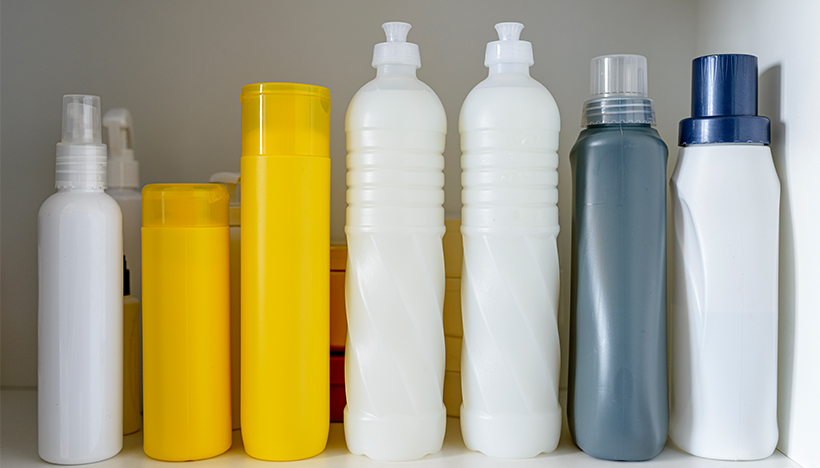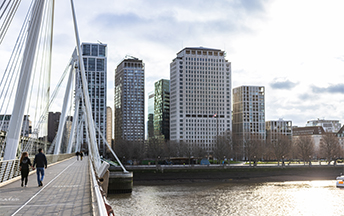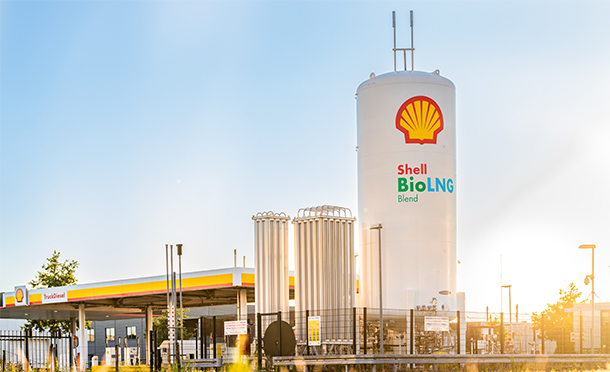In focus UK environmental taxes
Environmental taxes are designed to drive behaviour change such as reducing a business’s carbon footprint or reducing waste. They do not form part of a company’s corporate income tax charge. The UK has a number of environmental taxes, including Climate Change Levy (CCL) and the recently introduced Plastic Packaging Tax (PPT).
Climate Change Levy
CCL came into effect in 2001 and is a tax on energy products, such as electricity, gas and other fuels supplied to businesses and public sector consumers. CCL aims to encourage these consumers to be more energy efficient in how they operate, as well as helping to reduce their overall emissions. Households and the transport sectors are excluded from this. CCL is a tax that Shell pays, as well as one that it collects on behalf of the government. In 2021, we paid £0.6 million and collected £6 million in CCL.
The table below details how CCL rates are applied to taxable commodities:
Taxable commodity |
Tax base |
Rate from April 1, 2021 |
|---|---|---|
Electricity |
£ per kilowatt hour (kWh) |
0.00775 |
Gas |
£ per kWh |
0.00465 |
Liquefied Petroleum Gas |
£ per kilogramme (kg) |
0.02175 |
Any other taxable commodity |
£ per kg |
0.0364 |
Plastic Packaging Tax
PPT was introduced in 2022 and seeks to encourage the use of recycled material in the production of plastic packaging. PPT applies to the manufacture and import of plastic packaging in the UK. Plastic packaging containing more than 30% of recycled plastic material is not subject to the tax, which is chargeable at a rate of £200 per tonne.
The UK requires businesses to register for PPT when the annual total of plastic packaging that is manufactured or imported, recycled or not, is above 10 tonnes. We anticipate that the biggest impact on Shell will be within our lubricants business and Shell U.K. Limited is registered for and pays PPT.










